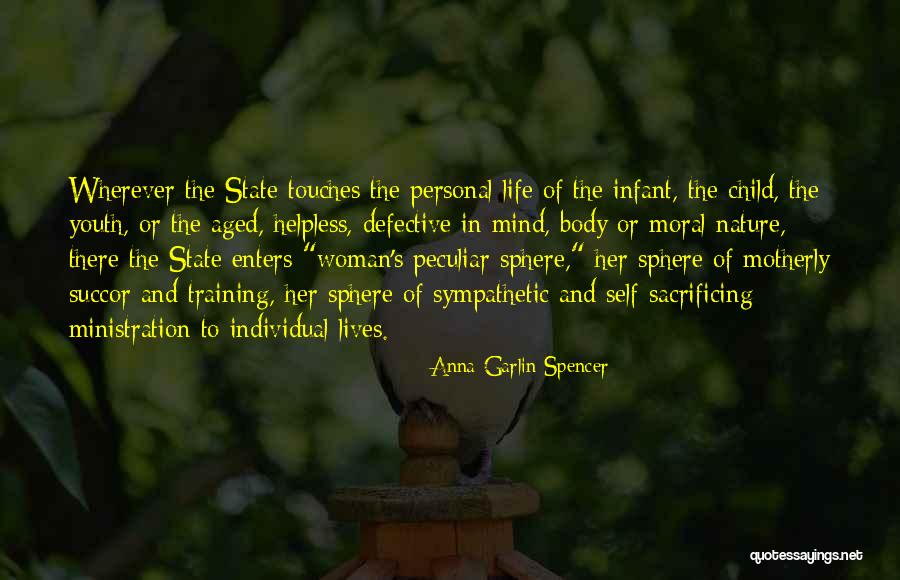In the luminous tapestry of Bahá’í teachings, the principle of self-sacrifice stands as a radiant beacon. This concept transcends mere altruism; it encapsulates the essence of a life imbued with purpose and joy, a life that finds true fulfillment in the act of giving. The imperative to sacrifice for others is not only a recommendation within these teachings but an essential tenet that leads to both personal and communal upliftment.
First and foremost, one must grasp the profound significance of selflessness as articulated within Bahá’í texts. The Bahá’í Faith posits that the noblest characteristic of humanity is the capacity to serve others. This noble calling is exemplified by the life and teachings of Bahá’u’lláh, the founder of the Bahá’í Faith, who dedicated His life to the betterment of society and the promotion of universal peace. His exhortation to “be like a lamp for others” encapsulates this ethos, suggesting that the true measure of one’s life is found not in personal achievements or accolades, but in one’s willingness to contribute to the welfare of others.
Moreover, the joy associated with sacrificing for others is multifaceted. It creates a profound sense of connection and belonging. When individuals relinquish their own desires for the sake of others, they fortify the bonds of community. This notion of interdependence is reinforced by the Bahá’í belief in the oneness of humanity. Each act of self-sacrifice resonates within the collective, thereby enhancing the fabric of society. The act of giving fosters an environment where empathy and compassion flourish, leading to unparalleled joy that transcends personal happiness.
There are various dimensions to consider when embracing the joy of sacrifice. Firstly, one can engage in acts of charity, which can take the form of volunteering time and resources to support local initiatives or larger humanitarian efforts. Such endeavors not only alleviate suffering but also serve as instrumental in fostering a sense of purpose. The act of charity, as emphasized in Bahá’í encourage, is pivotal in nurturing both spiritual and material welfare, creating a holistic approach to communal development.
Secondly, self-sacrifice can manifest in the context of personal relationships, where individuals strive to put the needs of their family and friends above their own. This may involve providing emotional support in times of distress or aiding in practical matters that ensure the well-being of loved ones. In this regard, the Bahá’í teachings emphasize the importance of unity and harmony in the family structure, viewing the family as the fundamental unit of society. This dedication, marked by patience and understanding, cultivates an atmosphere where love flourishes, ultimately leading to a joyful and fulfilling life.
Furthermore, the joy of sacrificing for others is profoundly observable in community service. Many Bahá’í communities engage in various forms of social action, addressing issues such as education, health care, and economic development. The active participation of individuals in such efforts harnesses collective energy and creativity, allowing community members to work toward common goals. This collaborative spirit breeds joy, as individuals experience the satisfaction that stems from contributing to the greater good—a realisation that one’s efforts are making a tangible difference in the lives of others.
Additionally, the internal growth that accompanies sacrifice is significant. The process of serving others often leads to self-discovery and personal transformation. By stepping outside the confines of egoistic desires, individuals can develop virtues such as patience, humility, and resilience. The teachings of Bahá’u’lláh assert that the act of sacrificing for others serves as a vital pathway toward spiritual maturity. Such growth enriches the soul and nurtures a deeper understanding of life’s purpose, which ultimately results in a joyous existence. The paradox of self-sacrifice is that, by diminishing the self, one enriches the soul.
It is essential, however, to navigate the practice of self-sacrifice with discernment. The Bahá’í approach advocates for balance, urging individuals to recognize the significance of their own well-being. Sacrificing for others should not occur at the expense of one’s mental or physical health. Thus, it becomes imperative to cultivate a self-regard that permits one to give authentically and sustainably. Embracing self-care alongside acts of service ensures that the joy derived from such sacrifices remains viable and impactful.
In conclusion, the joy of sacrificing for others elucidates a fundamental aspect of Bahá’í teachings, with profound implications for personal and societal transformation. By infusing everyday life with acts of kindness, compassion, and service, individuals contribute to a thriving world built upon the principles of unity and love. The Bahá’í perspective on sacrifice reveals that genuine happiness arises from shared human experiences and a collective commitment to the betterment of all. As one navigates the complexities of life, the teachings serve as a guiding light, illuminating the path toward a life enriched by the joy of selfless giving.
